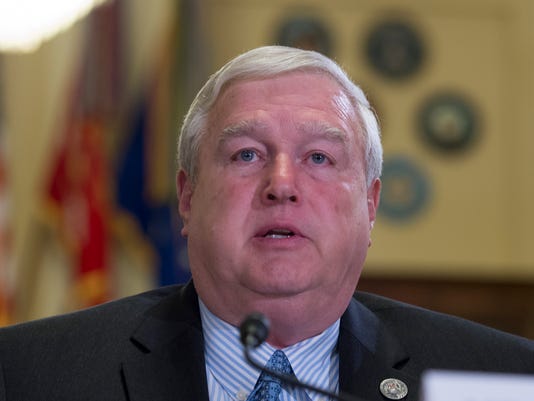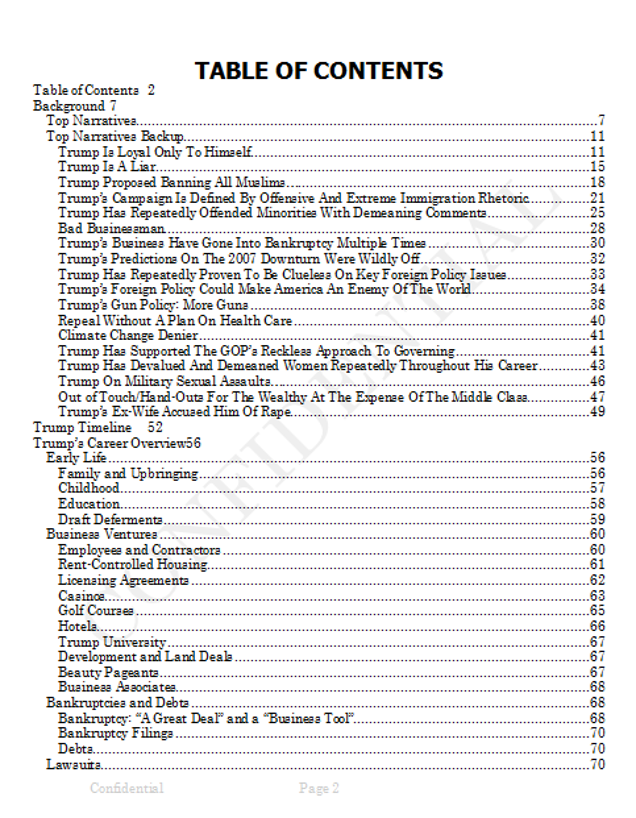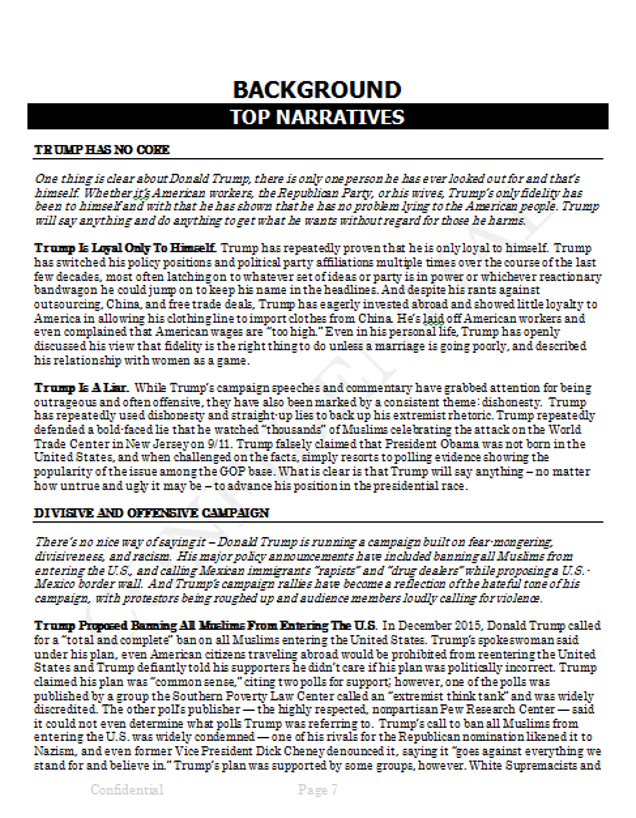Say it isn’t so…pigs flying? Video calls between soccer or basketball games?
The Obama White House has a habit of altering assessments and reports especially noted by the CENTCOM scandal. The Obama regime also did the same with the assessment profiles of those forcibly released to other countries in an effort to close Gitmo. One such country that was betrayed by the Obama administration was Ghana.
What is mind boggling is whether we should trust our President or the external people who are proving him wrong. According to US pundits, the said description as given by our leaders isn’t true for either of the men. Bin Atef in particular is a cause of concern. Long before his transfer, the intelligence analysts at Joint Task Force Guantanamo assessed him as a ‘high risk’ and ‘likely to pose a threat to the US, its interest and allies’. Atef is actually a fighter in Usama bin Laden’s former 55th Arab Brigade and an admitted member of the Taliban.
This is in sharp contrast to the claim by Mahama, who portrays the deal as an act of humanitarian assistance, likening the Yemeni men to non-threatening refugees who have been cleared of any involvement in terrorist activities. More here.
Those former detainees released to Uruguay were to be managed and controlled by the government under the Memorandum of Understanding and release. Well, at least one has fled, allegedly to Brazil.

Exclusive: Justice Department opposes new Obama proposal on Guantanamo
Reuters: President Barack Obama is again facing dissent from within his administration – this time from Attorney General Loretta Lynch – over his plans to shutter the Guantanamo Bay military prison, according to senior administration officials.
Lynch, a former federal prosecutor whom Obama appointed to head the Justice Department two years ago, is opposing a White House-backed proposal that would allow Guantanamo Bay prisoners to plead guilty to terrorism charges in federal court by videoconference, the officials said.
Over the past three months, Lynch has twice intervened to block administration proposals on the issue, objecting that they would violate longstanding rules of criminal-justice procedure.
In the first case, her last-minute opposition derailed a White House-initiated legislative proposal to allow video guilty pleas after nearly two months of interagency negotiations and law drafting. In the second case, Lynch blocked the administration from publicly supporting a Senate proposal to legalize video guilty pleas.
“It’s been a fierce interagency tussle,” said a senior Obama administration official, who supports the proposal and asked not to be identified.
White House officials confirmed that President Obama supports the proposal. But the president declined to overrule objections from Lynch, the administration’s top law-enforcement official.
“There were some frustrations,” said a White House official who spoke on condition of anonymity. “The top lawyer in the land has weighed in, and that was the DOJ’s purview to do that.”
If enacted into law, the Obama-backed plan would allow detained terrorism suspects who plead guilty to serve their sentences in a third-country prison, without setting foot on U.S. soil. The plan would thus sidestep a Congressional ban on transferring detainees to the United States, which has left dozens of prisoners in long-term judicial limbo in Guantanamo, the American military enclave in Cuba.
Obama has vowed to close the prison on his watch. But while he has overseen the release of some 160 men from the prison, the facility still holds 80 detainees.
The video plea plan has broad backing within the administration, including from senior State Department and Pentagon officials. A Defense Department spokesman declined to comment.
The most enthusiastic backers of the plan have been defense lawyers representing up to a dozen Guantanamo Bay detainees who are eager to extricate their clients from seemingly indefinite detention.
Republicans in Congress have opposed the president’s plans to empty the prison, on the grounds that many of the detainees are highly dangerous. But there is some bipartisan support for the proposal as well, a rarity in the Guantanamo debate.
Kevin Bishop, a spokesman for Senator Lindsey Graham, a leading Republican voice on defense and national security issues, said Graham was “intrigued” by the proposal.
While support from a Republican senator would by no means guarantee the votes needed to pass, it does give the proposal a better chance than schemes that would transfer detainees from the Cuban enclave to the United States.
Obama views the video feed proposal as a meaningful step toward closing the facility and making good on one of his earliest pledges as president, administration officials said.
Of the 80 prisoners remaining in Guantanamo, roughly 30 have been approved for transfer to third countries by an interagency review board. Most of those 30 men are expected to be released from Guantanamo in coming weeks, according to administration officials.
The officials said they think that as many as 10 more prisoners could be added to the approved-for-transfer list by the review board. Finally, another 10 detainees are standing trial in military commissions.
That leaves roughly 30 detainees whom the government deems too dangerous to release but unlikely to be successfully prosecuted in court. As a result, those men would likely have to be transferred to detention in the United States if the prison were closed.
Administration officials say that allowing video feeds could reduce that number to somewhere between 10 and 20. The administration believes that with such a small number of prisoners requiring transfer to the United States, it would be easier to win support for closing the facility, which is run by a staff of 2,000 military personnel.
“This is the group that gives the president the most heartburn,” said the senior administration official.
Lynch and her deputies at the Justice Department argued that the laws of criminal procedure do not allow defendants to plead guilty remotely by videoconference.
Even if Congress were to pass the law, Lynch and her aides have told the White House that federal judges may rule that such pleas are in effect involuntary, because Guantanamo detainees would not have the option of standing trial in a U.S. courtroom.
A defendant in federal court usually has the option to plead guilty or face a trial by jury. In the case of Guantanamo detainees, the only option they would likely face is to plead guilty or remain in indefinite detention.
“How would a judge assure himself that the plea is truly voluntary when if the plea is not entered, the alternative is you’re still in Gitmo?” said a person familiar with Lynch’s concerns about the proposal. “That’s the wrinkle.”
Lawyers for Guantanamo detainee Majid Khan, a 36-year-old Pakistani citizen, first proposed allowing Khan to plead guilty by videoconference in a legal memo submitted to the Department of Justice in November. In 2012, Khan confessed in military court to delivering $50,000 to Qaeda operatives who used it to carry out a truck bombing in Indonesia, and to plotting with Khalid Shaikh Mohammed, the mastermind of the Sept. 11 attacks, on various planned strikes.
Senate investigators found internal CIA documents confirming that Khan’s CIA interrogators subjected him to forced rectal feedings. Khan’s lawyers say the experience amounted to rape. He was also water-boarded.
That treatment makes it difficult for the Department of Justice to successfully prosecute Khan in federal court, according to administration officials.
When White House officials learned that Khan and other detainees were ready to plead guilty to terrorism charges in federal court, they thought they had found a solution.
Efforts to try detainees, including Mohammed and other Sept. 11 suspects, in military tribunals at Guantanamo have bogged down over legal disputes. Only eight defendants have been fully prosecuted. Three verdicts have been overturned.
“The beauty of a guilty plea is you don’t need a trial,” said the senior administration official who supports the video plea proposal.
In February, senior Obama aides proposed pushing ahead with video guilty pleas at an interagency meeting at the White House on the closure of Guantanamo, according to officials briefed on the meeting.
Justice Department officials said they opposed video guilty pleas. Matthew Axelrod, the chief of staff to Deputy Attorney General Sally Yates, said the proposal would violate laws of criminal procedure, according to the officials.
The meeting ended with an agreement to pursue new legislation allowing the guilty pleas, the officials said, which the Department of Justice supported.
One week later, President Obama rolled out his plan to close the prison in a nationally televised announcement from the Roosevelt Room. Obama’s plan included seeking “legislative changes … that might enable detainees who are interested in pleading guilty” in U.S. federal courts.
Administration officials spent much of the next two months drafting the new law. On a Friday afternoon in mid-April, White House staff emailed all the involved agencies with a final draft of the bill, according to the officials. The bill would be submitted to Congress the following Monday, the White House email said.
That weekend, Lynch intervened unexpectedly and said the Justice Department opposed the bill. The eleventh-hour move frustrated White House staff. Deciding again to not overrule Lynch, the White House shelved the bill.
In late May, White House officials found a sympathetic lawmaker who inserted language authorizing video pleas into the annual defense spending bill. The White House drafted a policy memo publicly supporting the proposal, which is known as a Statement of Administration Policy, or SAP.
Lynch opposed the idea, according to administration officials, sparking renewed tensions between the Justice Department and White House.
A SAP is the president’s public declaration on the substance of a bill, according to Samuel Kernell, a political science professor at the University of California at San Diego. Without one, it’s often more difficult to get lawmakers on the fence to vote the way the White House wants.
The White House again bowed to Lynch’s objections and declined to issue the SAP.





